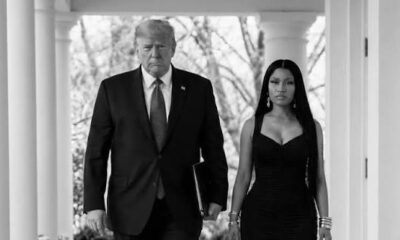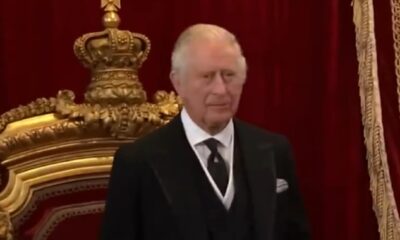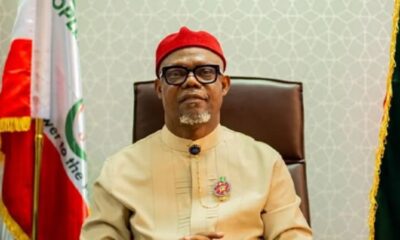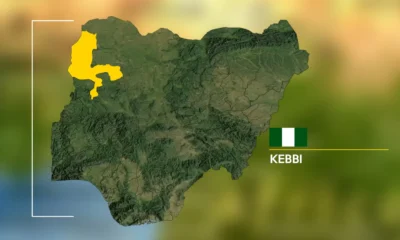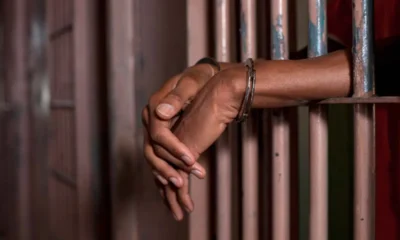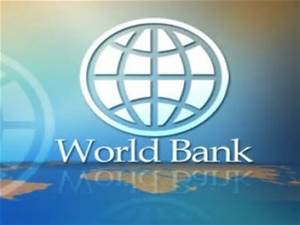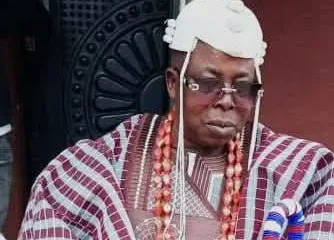Business
The Silent Squeeze: Nigeria’s Middle Class Under Pressure
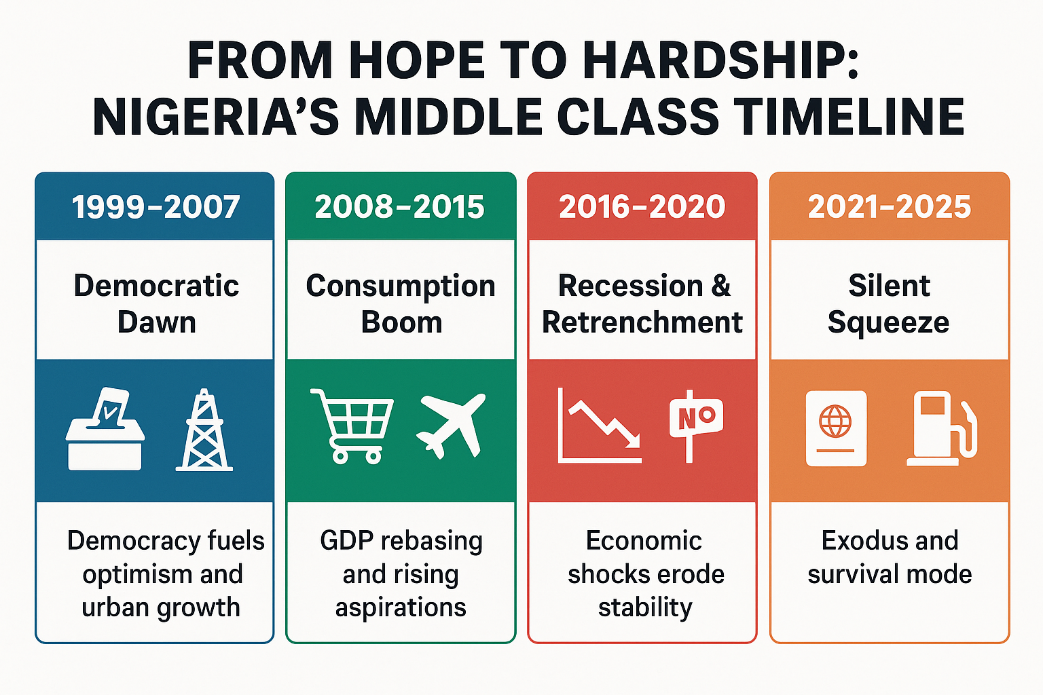
Since the modern economy took root in Nigeria, the middle class has been the driving force behind consumption, taxation, innovation, and enterprise. The class is that critical mass that forms the glue that keeps modern liberal democratic societies together, being the driving force in national economic productivity. The term defines a social class whose education, tastes, consumption patterns, and activities drive the economy. Yet today, what was once the engine of progress is now gasping for air.

Across cities from North to South, graduates, professionals and artisans with dreams are swapping lofty ambitions for the daily scramble of rent, fuel, and food: with the naira plummeting and real inflation biting harder. The end of fuel subsidies and structural currency shocks didn’t simply raise prices; they stripped away comfort, eroded hope, and spurred a new exodus.
Over 2 million passports were issued in 2023 alone, according to the Nigeria Immigration Services, as majority of the middle class voted with their feet. Similarly, with just 1.4 million Nigerians holding at least ₦500,000 in savings (barely 1% of the population), the middle class that once spurred national growth is now fighting to hold on. Thus, if the middle class can no longer dream, who will drive Nigeria’s future?
The rise, retreat and reckoning of Nigeria’s middle class.
But who exactly makes up Nigeria’s middle class? According to the United Nations, this group includes individuals or households earning between ₦150,000 and ₦800,000 monthly (roughly $120–$650), with access to formal employment or stable self-employment. They can afford their basic needs, including food, housing, healthcare, education, and some discretionary spending. They often own modest assets like a car or generator and aspire to upward mobility through savings, private schooling, and foreign travel. Yet, they remain economically vulnerable, defined not just by income but also by their risk of falling into poverty due to shocks.
In 1999, Nigeria’s return to democracy ignited a wave of optimism. This class began to take shape, buoyed by oil revenues, expanding urban economies, and a surge in private sector jobs. 2Professionals, entrepreneurs, and civil servants found new opportunities in banking, telecoms, and retail. Owning a car, sending children to private schools, and travelling abroad became attainable dreams.
Between 2008 and 2015, the middle class experienced significant growth. Nigeria’s GDP rebasing in 2014 crowned it Africa’s largest economy. Consumption soared, credit expanded, and tech-driven entrepreneurship bloomed. Lagos, Abuja, and Port Harcourt became hubs of aspiration.

By 2016, that vulnerability became reality. A recession triggered by falling oil prices exposed structural weaknesses. Inflation crept in, and purchasing power waned. The middle class, once resilient, began to shrink. By 2021, the squeeze had become silent but suffocating. The removal of fuel subsidies, naira devaluation, and soaring living costs pushed many into survival mode.
By 2025, the middle class is no longer climbing, it’s clinging.
The squeeze, the exodus, and erosion of hope
In today’s Nigeria, the middle class faces a difficult crossroads. What once promised upward mobility has turned into a daily fight for survival. Inflation hits hard, wages stay the same, and the cost of living keeps rising beyond reach. Professionals with degrees and ambition now take on side jobs just to get by. It seems like the middle class has almost been wiped out unintentionally.
Inflation climbed to 34.8% by late 2024, with food inflation approaching 40%. A bag of rice tripled in price from 2020 to 2024. Meanwhile, wages remained stagnant. The minimum wage increased to ₦70,000 in 2023, but after naira devaluation, it hardly covers two weeks of groceries. Economists call it the silent tax—inflation that punishes productivity, mocks thrift, and rewards speculation. The World Bank estimates that 129 million Nigerians now live in poverty, up from 104 million in 2023. Real GDP growth averaged a mere 4.23 percent year-over-year in the second quarter of 2025, far below the 6.5 percent recorded a decade ago.
The naira’s decline from ₦450 to ₦1,484 per dollar has made imported goods, including education and healthcare, nearly unaffordable. Removing the fuel subsidy in 2023 caused petrol prices to surge past ₦1000 per liter, leading to a ripple effect on transportation and food prices. The middle class’s purchasing power vanished.

Gig work and remittances have become lifelines for many. Instagram shops, tutoring gigs, and diaspora dollars now prop up households. Yet even with these, anxiety reigns. Professionals skip meals, ride unsafe motorcycles, and delay rent to pay school fees.
Reclaiming the dream
The Nigerian middle class is not beyond saving, but it requires bold, deliberate action. Reclaiming the dream starts with restoring economic stability. Inflation must be controlled through disciplined fiscal policies and targeted subsidies that protect vulnerable households. Job creation needs to go beyond slogans to real investments in infrastructure, manufacturing, and digital industries that employ young people and value their skills.
Housing and education, two pillars of middle-class life, require urgent reform. Affordable housing schemes must be scaled up, and public education revitalized to reduce the burden on families forced into costly private alternatives. These are not luxuries; they are foundations of national progress.
Small and medium enterprises (SMEs), the heartbeat of Nigeria’s economy, must be empowered with access to credit, reliable power, and simplified regulation. When SMEs thrive, employment grows, innovation spreads, and communities flourish.
But perhaps most critically, Nigeria must rebuild trust. Citizens must see transparency in budgeting, fairness in taxation, and inclusion in policymaking. The middle class needs to believe again that hard work leads to progress, that staying is better than leaving, and that the system works for them.
This is more than just economic recovery: it’s a moral reset. Reclaiming the dream means building a Nigeria where dignity is not a privilege but a promise. The dream hasn’t disappeared; it’s been postponed. Reclaiming it requires bold reforms, inclusive growth, and a renewed social contract that restores dignity, opportunity, and trust. (BusinessDay)
-

 Celebrity Gist20 hours ago
Celebrity Gist20 hours agoI love Nicki Minaj – Donald Trump
-

 World News20 hours ago
World News20 hours agoKing Charles Breaks Silence After Arrest Of Brother, Prince Andrew, Over Misconduct Allegations
-

 News20 hours ago
News20 hours agoJUST IN: Rivers senator, Barinada Mpigi, dies at 64
-

 News5 hours ago
News5 hours agoGunmen Attack Kebbi Communities, Kill 35
-

 Metro20 hours ago
Metro20 hours agoNigerian bags 8-year jail term over $1.3m cyber fraud in US
-

 News19 hours ago
News19 hours agoNigeria’s W’Bank IDA debt hits $18.7bn
-

 News20 hours ago
News20 hours agoJUST IN: Many feared dead as terrorists storm homes, shoot indiscriminately in Kebbi communities
-

 News24 hours ago
News24 hours agoOndo Monarch Gunned Down Outside Palace



